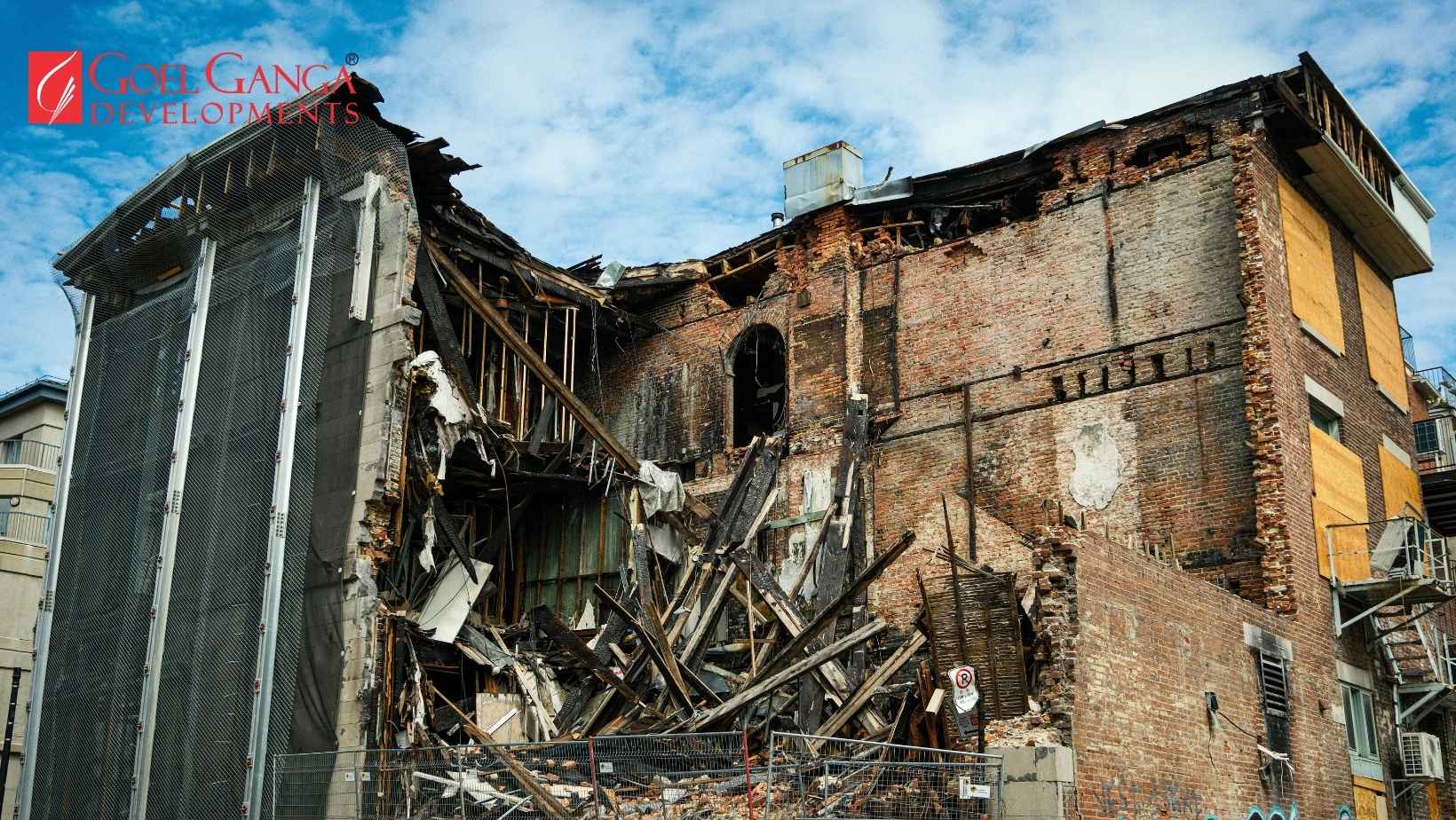In construction, many permissions from relevant agencies are required for activity. These must be obtained before the start of construction, since they are required. If the builder does not follow the rules, they may be penalised with fines or perhaps go to jail. For a first-time home buyer, purchasing a property may be a daunting experience since it requires a significant financial commitment, as well as a great deal of emotion, work, and legal considerations.
It’s essential to be aware of and to verify the necessary building permissions and certifications in advance to make sure you are safe and that you never find yourself in a legal dispute with the builder. You may start by going to the RERA (Real Estate Regulatory Authority) website to accomplish this. Three buttons will appear on the screen when you log in: Project Details, Rulings/Judgements, and Cause List. Enter the project name, the registration number (if you know it), or choose to see the project on a map to get the project details.
Alternatively, prior to signing the selling transaction, you may request that the builder provide you with the required papers. Following is a list of some crucial certifications and approvals to make the process easier.
Table of Contents
ToggleCHANGE IN LAND USE APPROVAL
Nowadays, when areas become more compact due to urbanisation, agricultural land is occasionally transformed into non-agricultural (NA) property and used to develop homes or businesses. In this case, the State Ministry of Urban Development (UD) and the local body are among the relevant authorities that the builder must acquire the Change in Land Use Approval from.
ZONAL APPROVAL
One must get zonal approval after receiving the land title and clearance. Getting the Ownership Certificate from the Revenue Department—a construction permit issued in accordance with the Local Body Act—would be one example of this. Next, the State Town Planning verifies with the city’s other relevant agencies, including the Planning Board. Prior to granting Zonal Approval, several permissions and No Objection Certificates (NOCs) from the authorities are required.
BUILDING APPROVAL
After the aforementioned is in place, building approval is the next step. The Building Plan—a visual depiction of the building’s appearance after construction—and the Layout Plan—which follows the authorised Floor Area Ratio (FAR) or Floor Space Index (FSI) for the building’s construction—will be taken into account for this approval. The Development Authority and the Municipal Corporation will approve the building.
UTILITY INSTALLATION APPROVAL
Any property must have the necessities for habitation in order to draw in tenants. Therefore, in order to install utilities like gas, electricity, water, and sewer systems, among others, a builder must also get permission. It is necessary to get a No Objection Certificate (NOC) from the appropriate departments of the Pollution Board, Municipality, Electricity Distribution Company, and others. For these fundamental facilities to be approved and sanctioned, the builder must adhere to the construction codes.
CERTIFICATES
As a property buyer, you should also verify the following crucial certifications, which are legal papers given by the relevant authorities, in addition to these approvals:
Commencement Certificate
The commencement certificate is a document issued by the local government that authorises the builder to start working on a project. It is only granted after the necessary legal conditions and building-related sanctions are met.
Completion Certificate
An essential legal document known as the Completion Certificate certifies that the newly erected building was constructed in compliance with the safety standards and regulations outlined in the Building Act.
Occupancy Certificate
The structure’s construction compliance with local building codes and regulations is attested to by the occupancy certificate, which also attests to the building’s suitability for the intended purpose.
Although the majority of the necessary paperwork for construction and occupancy is included in this list, it’s crucial to remember that the quantity of permissions needed will also depend on the size, sensitivity, and complexity of the planned project, and it may change appropriately.










